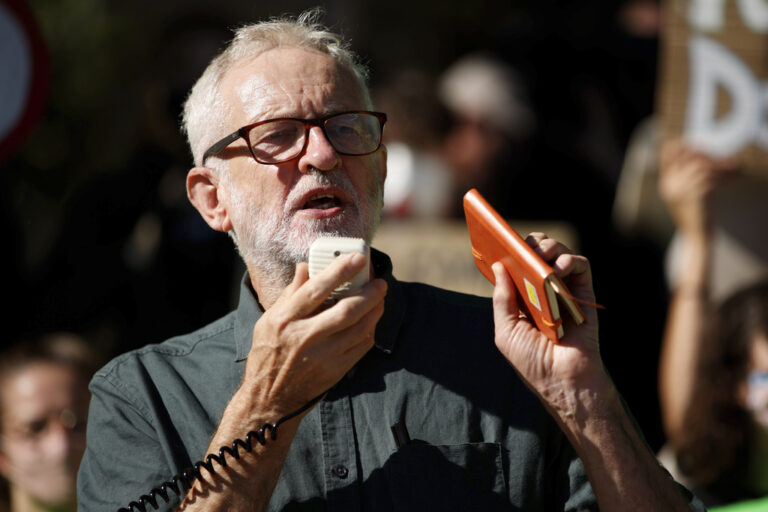 Small business owners are on edge as they wait to see if Congress will approve a big increase in the tax break they get to buy new equipment.
Small business owners are on edge as they wait to see if Congress will approve a big increase in the tax break they get to buy new equipment.
The so-called Section 179 deduction, which is aimed at helping small businesses grow, is caught up in a debate over a number of tax provisions. Lawmakers are haggling over whether to raise the $25,000 deduction to $500,000 for the current tax year only, or to make the higher level permanent for future years. If they can’t reach an agreement, the deduction would remain at the lower amount.
Congress had hoped to wrap up a $1.1 trillion spending bill that includes the Section 179 deduction by midnight this Friday. But talks on the bill have stalled and it’s not known when lawmakers might reach an agreement.
The inaction has left small business owners like Vicki and Charles Phaneuf in limbo. The couple wants to purchase $30,000 in chairs for their party rental company, CE Rental. But if Congress doesn’t approve an increase in the deduction, they won’t be able to afford them. The Phaneufs, whose company is in Raleigh, North Carolina, have already used up the $25,000 deduction on a truck and other equipment.
“It’s delayed our making any purchases that weren’t absolutely necessary,” Vicki Paneuf says.
The Section 179 deduction, named for a provision in the federal tax law, allows a small business to deduct up front the entire cost of equipment ranging from computers to furniture to vehicles and machinery. The deduction is $25,000, but lawmakers vote every year on whether to increase that amount for the current year.
Before the recession, the deduction was fairly predictable; it rose to keep up with inflation. Congress nearly doubled it to $250,000 for 2008 to stimulate the economy during the recession and kept it at that level for 2009. Congress raised it to $500,000 for each of the next five years, but often lawmakers didn’t OK the larger deduction until December of each year. The House passed a bill early this year calling for the higher deduction, but it stalled in the Senate.
Not being able to predict the size of the deduction from one year to the next makes it difficult for a small business to plan for expansion; many companies rely on their tax savings to fund their growth because it’s hard for them to get bank loans, says Lawrence Nannis, a certified public accountant in Waltham, Massachusetts. Many also have money set aside for taxes in case they don’t get the big deduction, and that’s money they can’t use to buy equipment.
The owners of Hobby Works, a chain of four stores in Maryland and Virginia, want to open more locations but have been stymied because they can’t plan ahead, co-owner Mike Brey says.
Even if the deduction for 2015 does turn out to be $500,000, he can’t buy all the necessary showcases to outfit it by the end of the year — the tax law requires equipment to be delivered and in use by Dec. 31 in order to qualify for the deduction. And he can’t start a search for a location unless he knows he’ll get the tax break.
“You can’t wake up in the morning and say, ‘I’m going to open a store tomorrow,'” Brey says.
Small businesses that sell equipment also are affected. Sales at farm equipment seller St. Joseph’s Equipment are down 15 percent to 20 percent this year, and chief financial officer Sherry Wuebben says the uncertainty about the Section 179 deduction has kept farmers from buying.
“If they had known (a $500,000 deduction) was coming, they would have been visiting us,” says Wuebben, whose company is based in LaCrosse, Wisconsin. Her company’s equipment including tractors, combines and threshers ranges from $25,000 to $500,000.
The uncertainty has had business owners peppering small business advocacy groups for updates.
“I’ve been getting calls asking, ‘is anything going to happen?'” says Cynthia Kay, a vice chairwoman of the National Small Business Association, and owner of a media production company based in Grand Rapids, Michigan.
In her own business, Kay has already bought a $20,000 computer server and cameras that run between $15,000 and $20,000 apiece, but she needs more equipment and will buy it if Congress raises the deduction. In past years, she delayed her purchases to see how large the deduction would be, but she decided this summer she couldn’t wait to see what happened by year-end.
“If I don’t make some bold moves, the business is going to be at a disadvantage,” Kay says.
(AP)










